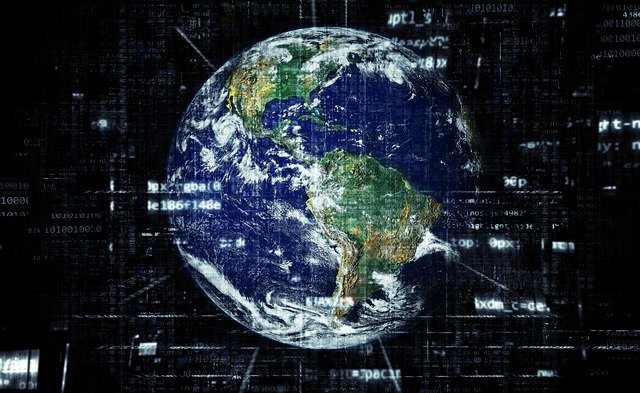Globalisation reimagined
Close cooperation, addressing the challenge of military readiness and deterrence, and collaboration and innovation between adversaries are three ways re-globalisation could work. Jane Harman, director, president and CEO, Wilson Center, shares how
A recent Washington Post op-ed argued that as the world confronts COVID-19, one cure is a push for re-globalisation. Instead of sticking with protectionism, the author called for “a renewed integration of our world that centres on the well-being of its people”. The op-ed was written not by Angela Merkel, or Justin Trudeau, or Emmanuel Macron. In fact, it was not written by any citizen of a G7 country, but by King Abdullah II of Jordan.
Globalisation certainly is not perfect, but the pandemic has taught us the tragic lesson that going it alone does not work either. Not with political instability, terrorism, nuclear proliferation, environmental change and other global challenges looming. Perhaps the G7 should take a page from King Abdullah’s book. Some countries, Canada included, never turned their backs on global cooperation. But for the sceptics and naysayers, this moment is an indispensable reminder that the best path to global security is through global cooperation.
Here are three ways re-globalisation could work.
First, close cooperation between friends. Officials from the United States and Canada like to point out that their undefended land border is the longest in the world. That makes it even more impressive that, while confronting COVID-19, the North American allies have managed to close the border to non-essential travel while continuing the flow of critical food and medical supplies in both directions. An estimated 200,000 people and $1.7 billion in goods crossed the border daily before the pandemic. Now, Canada’s Border Services Agency says that in early April the number of US visitors dropped by 87% at land ports and 96% at airports compared with the same period last year. At the same time, commercial traffic was down 24% compared to last year – still significant, but not enough to disrupt important supply chains. Although the joint border restrictions have been extended, international coordination allows a middle path between total lockdown and careless reopening.
Shifting strategies
Second, addressing the challenge of military readiness and deterrence. Military postures and strategies are shifting as some soldiers are called home to enforce curfews and transport supplies, and others are ordered to freeze in place wherever they are. For G7 members, and by extension for the North Atlantic Treaty Organization, this will have worrying consequences for military readiness and deterrence. This year’s US-Europe exercise was meant to be the largest deployment of US troops to Europe in 25 years, demonstrating the ability to surge in support of NATO allies during a crisis. Instead it has taken place on a much smaller scale. While members bicker about defence spending, the far more important question is how the alliance will reimagine its deployments, policies and protocols so it can remain agile while still deterring threats. In the meantime, the allies should share best practices as they deploy troops to deliver critical medical equipment, rapidly build hospitals and support local law enforcement.
Third, collaboration and innovation even between adversaries. In 1956, a year before the Sputnik launch, Soviet and American scientists worked together to confront the great medical challenges of their day: polio and smallpox. At the height of the Cold War, US and Soviet diplomats made an introduction between American virologist Albert Sabin and Russian scientist Mikhail Chumakov. Sabin had created an oral polio vaccine, but lacked the resources to conduct large-scale testing. Chumakov had the means to produce it at scale and successfully administer it to millions of Russians. While most people remember Jonas Salk as the man who discovered the vaccine, Sabin and Chumakov are to thank for eliminating the disease in much of the world.
A decade later, American physician Donald Henderson led an effort at the World Health Organization to administer the smallpox vaccine around the world, using a Soviet method for preserving the vaccine in harsh environments. The result was the eradication of a 3,000-year-old disease that during the 20th century killed three times as many people as all the century’s wars and armed conflicts combined. COVID-19 is not nearly as deadly and should not take as long to cure, but the lessons of history demonstrate that the future of global security depends less on gunpowder and more on soft power.
Securing our future involves reimagining globalisation. It requires striving for the best of North American coordination, transatlantic military cooperation and international collaboration on health challenges that imperil us all. This is the effort that G7 leaders should support. It should not take King Abdullah II to remind us of that.












